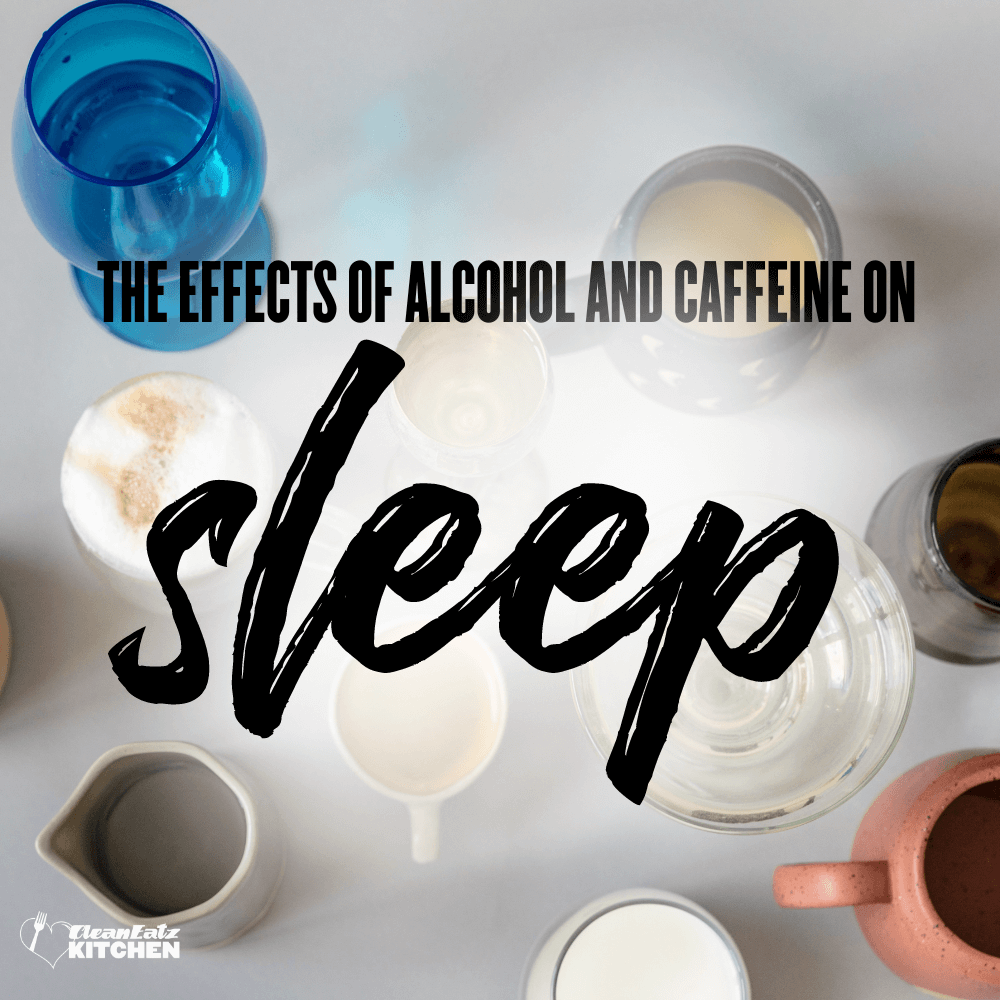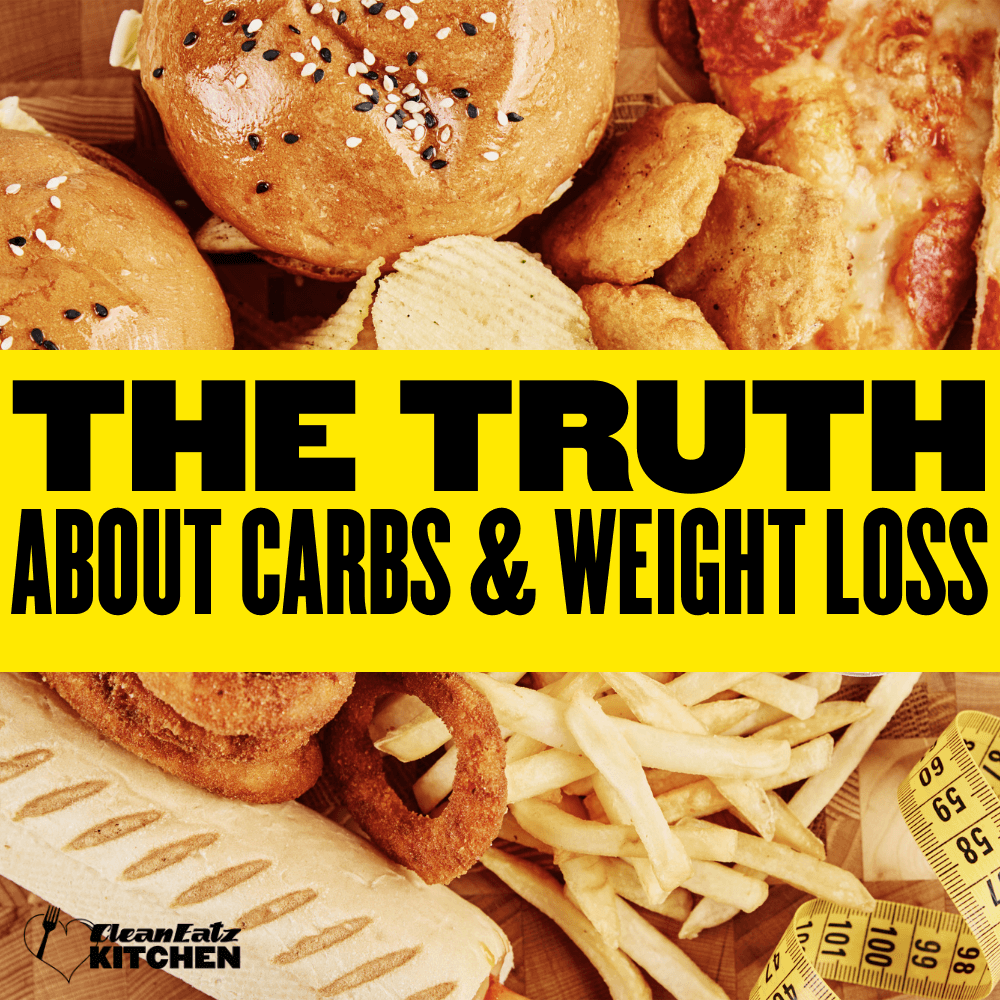
Exploring the Effects: How Does Alcohol Affect Sleep?
Jason Nista
Nutrition
|
Sleep
7 minute read
Caffeine and alcohol are two legally distributed substances that form a part of our daily life in varying quantities, and we might realize it or not they can have an effect in many areas of our health, for example on our sleeping habits and quality. One question that often comes to mind is, "How does alcohol affect sleep?"
Today we’ll look into the science behind their effects on our rest at night and how much our energy levels and productivity vary during the day, and in some science-backed tips to identify how much we are getting, how it affects our lives, and how to reduce consumption if you’re interested in boosting your sleep and overall health.
How Alcohol Effects Sleep
The effect of alcohol on the body is a central nervous system depressant causing brain activity to slow down, and a perceived feeling of relaxation and sleepiness. However, regular or excessive consumption of alcohol has been linked with poor sleep quality, reduced sleep duration, insomnia symptoms, and an exacerbation in symptoms of sleep apnea. "How does alcohol affect sleep?" is a common question in this context.
Low amounts of alcohol (less than 1-2 drinks) can decrease sleep quality by 9.3%, moderate consumption (around 2 drinks) can affect sleeping quality by 24%, and excessive consumption (more than 2 drinks) can decrease sleep quality by 39.2%, with negative effects like a delayed onset (how fast you fall asleep), sleep disruptions during the night, insomnia, reducing REM sleep (where dreaming and memory consolidation take place)
How Caffeine Affects Sleep
Caffeine is a naturally occurring substance found in many plants like coffee beans, tea leaves, cacao, and some nuts. It can also be synthetically produced and has been used by many cultures in the world for its stimulating and alertness-promoting effects on the nervous system, it also has many other effects on other systems of the body like the vascular, heart and digestive which are why it has been studied and used in medications.
On the other hand, "How does alcohol affect sleep?" is a common question, as alcohol's impact on sleep is a subject of interest due to its widespread consumption and potential effects on sleep quality. However, regular or excessive consumption of alcohol has been linked with poor sleep quality, reduced sleep duration, insomnia symptoms, and an exacerbation in symptoms of sleep apnea, underscoring the importance of seeking appropriate sleep apnea treatment when necessary.
It is most often consumed as a drink and a cup of coffee contains between 95-200mg of caffeine. For comparison, a 12-ounce soda contains 35-45mg, about half the amount of a weaker cup of coffee.
Caffeine can affect your sleeping schedule by impacting the onset of sleep and reducing sleep time and energy perception when you wake up, it can reduce the time of slow-wave sleep (the one where your rest and recover the most), an abuse of caffeine can lead to or worsen insomnia and it can ultimately lead to sleep deprivation symptoms like fatigue,, problems with learning and performance at work, impaired memory and problem-solving abilities and emotional regulation.
Caffeine’s half-life in the body ranges from 4 to 6 hours, which is why a good recommendation to avoid negatively affecting your night’s rest and ultimately your sleep and mental health is to avoid or reduce coffee and other caffeinated substances in the hours close to bedtime. Avoiding caffeine after 4 or 5 p.m. would be ideal, but if this seems an extreme change for you and your current situation, aim for just one hour earlier than what you currently do and move it by one hour every week or every other week until you get to that goal.
How to reduce consumption to improve sleep
So you are wondering " Does alcohol affect sleep quality and how do I reduce its consumption?". Reduction of substances like caffeine or alcohol can be a tricky and delicate subject and you should always be aware of your habits and the reasons behind them. However, we have some tips for you to try right now that can help you improve your sleep and your life overall by reducing your daily caffeine and alcohol consumption. Try them for a few days and be mindful of how they affect you and how they fit into your unique situation:
-
A good first step in reducing caffeine consumption is to know where it is coming from in your diet. Work for a few days on identifying sources of caffeine in the foods and drinks you’re consuming. Things like energy drinks, coffee, or sodas are quite obvious but tea, chocolate, soft drinks, and cocoa should be taken into account. Read the labels with ingredients and nutritional values and you’ll get a more exact picture. Sometimes this alone can give you enough information to make some changes that improve your sleeping.
-
Keep in mind that the safe daily recommendation of caffeine consumption is around 400 mg, approximately 4-5 cups of coffee per day (that is standard 8 oz cups). If you realize you’re having more than that you can consider gradually reducing the amount you consume each day.
-
Paying more attention to alcohol intake is also a good first step in reducing your daily consumption. Just thinking more about it and keeping a journal of your drinks can help you realize how much exactly you’re having, where you can make reductions, and if there might be something else that needs your attention.
-
For both alcohol and coffee, the best approach will be to cut off gradually to prevent symptoms of withdrawal and make the change sustainable. Reducing your intake to one cup or glass at a time, switching to alternatives like tea, decaf options for some of your daily cups, or nonalcoholic beverages for some of your drinks.
-
Anticipate and recognize your cravings as they might be triggered by an underlying situation, emotion, feeling, or something else that you can identify. If you are able to anticipate the trigger and reduce it or avoid it entirely then the craving might never show and make reduction easier.
-
None of these tips are meant to replace professional help and medical care. If these are not working for you or they feel too overwhelming, you should consider looking for help from a qualified health provider to help you identify the motivations behind your consumption and assess if you might need a more specialized intervention to treat your particular case.
Final Thoughts
In summary, to answer the question" Does alcohol affect sleep quality?" we'll say this. There is a crucial link between alcohol consumption and sleep quality. Excessive alcohol intake can disrupt sleep patterns, leading to reduced restfulness and an increased risk of sleep disorders. To improve sleep and overall well-being, it's important to be mindful of alcohol consumption, particularly before bedtime. By practicing healthy sleep hygiene and moderating alcohol intake, you can take proactive steps towards achieving more restorative and refreshing sleep, ultimately contributing to a healthier lifestyle and overall well-being.
FAQ
Can alcohol worsen sleep disorders like sleep apnea?
Yes, alcohol can exacerbate the symptoms of sleep apnea. It relaxes the muscles in your throat, potentially increasing the severity of sleep apnea episodes. If you have sleep apnea, it's advisable to minimize alcohol consumption, especially in the evening.
Are there any positive effects of alcohol on sleep?
Some research suggests that very low alcohol consumption (less than 1-2 drinks) may have minimal negative effects on sleep. However, the overall consensus is that the potential negative impacts outweigh any potential benefits.
Can a nightcap help me fall asleep?
While alcohol may initially make you feel drowsy and help you fall asleep faster, it often leads to poorer sleep quality and increased awakenings during the night. It's not a recommended solution for improving your sleep.
Does the type of alcohol I consume affect my sleep differently?
While the type of alcohol can influence the rate of alcohol absorption and metabolism, the fundamental impact on sleep tends to be consistent across different alcoholic beverages. The key factor is the alcohol content and the total amount consumed, rather than the specific type of drink. Whether it's beer, wine, or spirits, excessive alcohol intake close to bedtime can disrupt your sleep patterns and quality in a similar manner.



